The Veteran Feminists of America, a group I’m proud to belong to, is celebrating the anniversary of this breakthrough book, broadly hailed as one of the most important books of the 20th century. And I'm proud to have contributed my own commemoration of this important milestone by repeating words I spoke when I presented Betty Friedan with the Career Achievement Award given by the American Society of Journalists & Authors (another group I’m proud to be a member of), and then words I wrote for the ASJA Newsletter when Betty died. My words are below. To read other stirring remembrances, go to the anniversary blog.
Almost 35 years ago, in 1963, I was a young mother with three small daughters. My life plan had always been to be a full-time wife and mother until all the girls were in school all day. And then I would pursue my dreams. But now my baby was only 18 months old, and I didn’t think I could keep my life on hold for five more years without going crazy. I thought my restlessness was my problem.
And then I read a book that changed my life. That same book changed the lives of millions of other women, too, as we received powerful, ringing confirmation that our feelings of alienation and frustration were not a repudiation of our womanhood, but an affirmation of our personhood. The writer of that book hadn’t started out to write it. As a highly successful freelancer, she had expected one of the major magazines in which her articles regularly appeared to publish her finding that an entire generation of women were feeling unfulfilled doing what women were supposed to do – take care of their homes, their children, and their husbands, while those same husbands were out in the world working at the jobs they had been educated for. But every one of the major women’s magazine editors – all of whom were men – refused to publish her findings. They said, “This is not where American women are today.” She knew better. So what was a writer to do?
This writer wouldn’t be silenced. Instead, she expanded and interpreted her research and in so doing gave millions of women a voice that heralded a worldwide revolution. The book, of course, was The Feminine Mystique and the writer was ASJA member Betty Friedan, whose career exemplifies the criteria for ASJA’s Career Achievement Award.
Betty is the ultimate exemplar of the power of the pen to change individual lives, and to bring about broad, sweeping changes in an entire society, so that the world my daughters are living in today is a different one from the world that existed before The Feminine Mystique was published. Based on the overwhelming response to her book, Betty built on the ideas and the determination it inspired, and
• three years later, in 1966, founded the most influential organization in the women’s movement, the National Organization for Women. She became its first president, and then went on
• to organize Women’s Strike for Equality,
• to convene the National Women’s Political Caucus,
• to serve as a delegate to both White House and United Nations conferences on women and the family,
• and to have a long personal audience with the Pope. Or maybe he had the audience with her?
She has lectured and taught all over the world, raising the consciousness of college students and adults in all walks of life. But at her roots – besides being a social activist, an academic, a mother, and a grandmother – Betty has always been and continues to be a writer.
• She went on to write about the ramifications of the women’s movement in magazine articles and in two other books charting important developments in the movement:
• It Changed My Life reported on feminism’s effects on women around the world; and
• The Second Stage acknowledged the importance of women’s relationships with men, children, and other significant others in their lives.
Betty then went on to pursue another highly controversial topic, the pervasive attitudes equating old age with physical and mental breakdown. Drawing on her extensive research, as well as her own life experiences, she wrote The Fountain of Age. This landmark book, published in 1993, persuasively demonstrates that “aging is not ‘lost youth’ but a new stage of opportunity and strength.”
Betty Friedan has received numerous honorary doctorates of humane letters and law. She has been named on list after list of the most influential people of the twentieth century. It gives me great pleasure to add to the many awards and honors she has received by bestowing upon her the American Society of Journalists and Authors Career Achievement Award. Betty, we’re proud you’re one of us!
---------------------
Epilogue after Betty's death in 2006:
With Betty Friedan's death on February 4 at the age of 85, she has received one encomium after another in the media, in recognition that she was one of the most important people of our time. Her momentous influence stemmed from The Feminine Mystique, according to The New York Times "widely regarded as one of the most influential nonfiction books of the 20th century." The Times also wrote, "Rarely has a single book been responsible for such sweeping, tumultuous and continuing social transformation." By the year 2000 Mystique had sold more than three million copies and has been translated into many different languages. For those members who were too young to have read it earlier, I urge you to pick it up now -- it's a great read and it offers an important window into the history of America 's women.
From the lengthy obituaries marking Betty's extraordinary accomplishments, I learned more about Betty's life pre-ASJA -- actually, pre the Society of Magazine Writers (SMW), as we were known when the Society was formed in 1948. A fellowship recipient at the University of California, Berkeley, she studied psychology with Erik Erikson, an interest that showed in her writing, and especially in her seminal work, The Feminine Mystique. She got her start as an editor in labor movement publications, and then went on to her successful freelance career. She joined SMW in 1954 and remained a member until 2000. Her last book, a memoir titled Life So Far, was published that year.
Betty was far from a one-note singer. According to her good friend TV journalist Marlene Sanders, "Friedan was more than a spokesperson for change. She cared deeply about her three children, and later her grandchildren, and in later years preferred talking about them more than about feminism." I'm even happier now than I was in 1997 that ASJA conferred our Career Achievement Award on Betty, so that while this great woman was still alive she could enjoy receiving the most meaningful tribute for a writer -- the praise of her peers.
Glitter Leaves
4 months ago











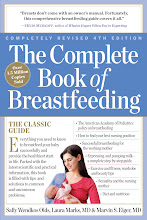







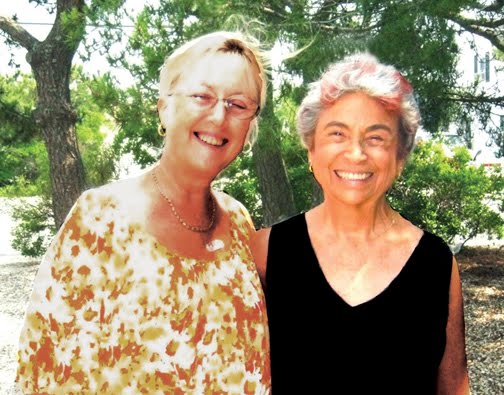.jpg)
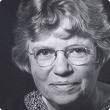




.jpg)
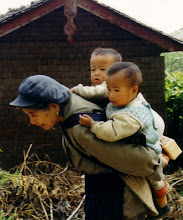.jpg)
.jpg)
.jpg)


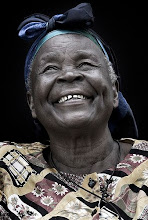

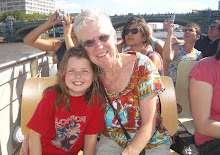.jpg)






.jpg)